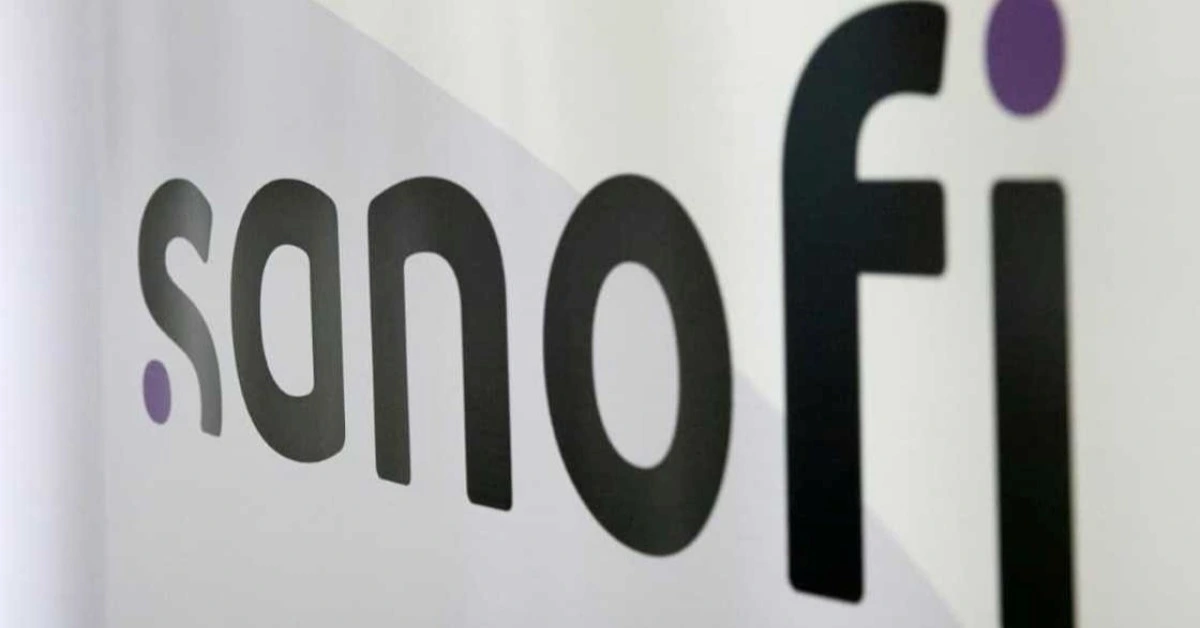
FRANCE – French pharmaceutical giant Sanofi has deepened its investment in artificial intelligence-driven drug development with a new licensing deal worth up to US$ 1.85 billion.
The agreement, announced on Thursday, gives Sanofi worldwide rights to two promising antibody-based treatments developed by Earendil Labs, a biotech startup using AI to design novel therapeutics.
The two bispecific antibodies, named HXN-1002 and HXN-1003, are designed to treat autoimmune and inflammatory bowel diseases like ulcerative colitis and Crohn’s disease.
Both candidates were discovered using Earendil’s cutting-edge AI platform, which combines advanced protein modelling with high-speed biological testing.
“Our platform uses powerful AI to predict how proteins interact and respond in the body,” said Jian Peng, CEO of Earendil Labs. “This helps us design therapies with better accuracy and effectiveness.”
HXN-1002 targets integrin α4β7 and cytokine TL1A, aiming to provide improved results for patients who don’t respond to existing treatments.
HXN-1003, on the other hand, zeroes in on TL1A and interleukin-23 (IL-23) — two major drivers of autoimmune inflammation. In lab tests, HXN-1003 showed strong effects in models of gut and skin inflammation.
As part of the deal, Sanofi will pay US$ 125 million upfront, with the potential for up to US$ 1.72 billion in milestone payments, including a US$ 50 million near-term payout.
Earendil is also eligible for tiered royalties on future sales, ranging from high single to low double digits. This is just the latest move in Sanofi’s strategy to become a major player in AI-powered drug discovery.
The company has previously partnered with biotech firms like Aqemia, BioMap, Insilico Medicine, Exscientia, Formation Bio, and even OpenAI. Sanofi also runs its own AI Centre of Excellence to speed up drug development in-house.
In a related effort, Sanofi recently invested US$ 20 million in Enveda Biosciences’ Series C round to support drug programs in inflammation and immunology.
XRP HEALTHCARE L.L.C | License Number: 2312867.01 | Dubai | © Copyright 2025 | All Rights Reserved